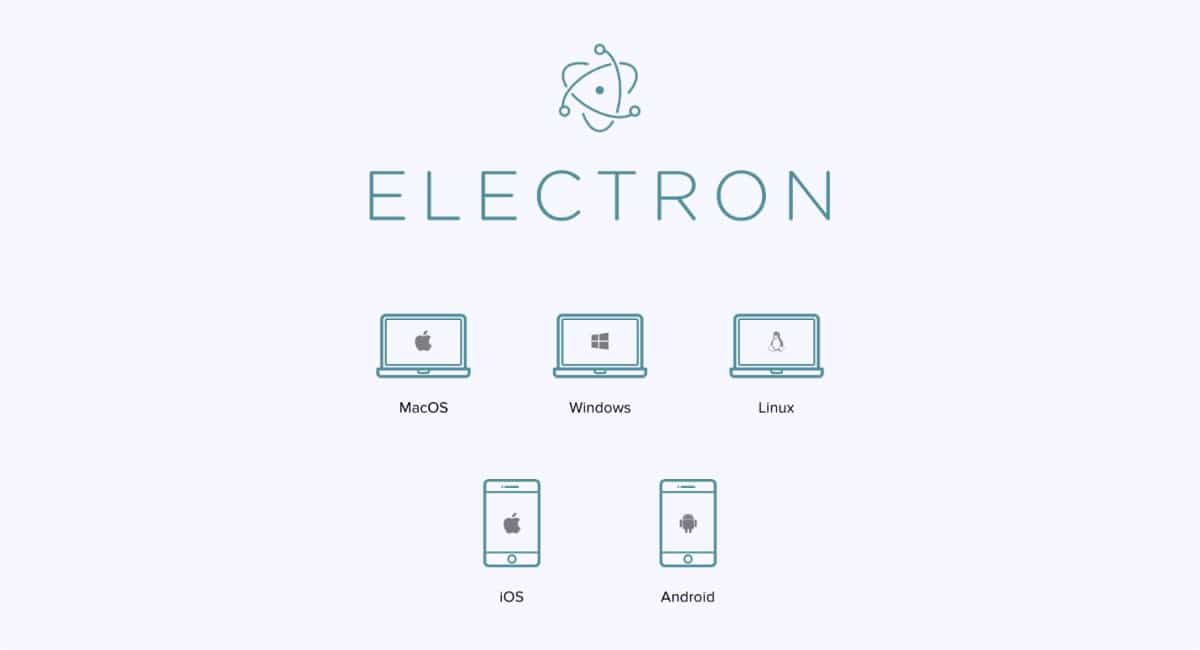
All applications that want to become available in the Apple App Store must pass a humane supervisory method which is responsible for checking both its operation and the code used to ensure that it does not include functions that violate the guidelines that Apple for applications for both iPhone and iPad and iPod touch.
However, the Mac App Store it's more of a distribution method that allows developers to publish their applications for free, applications that may also be available on the developer's website, so the application rejection policies in macOS are not as striking as those found in the App Store.

Various developers are claiming that applications created through Electron, a framework that allows creating applications as if it were a web, are being rejected automatically of the review process of the Mac App Store. The reason for this rejection is due to the use of an API that makes private calls, calls that are not in the application itself, but are part of the underlying structure of Electron.
The Electron framework you have used these APIs for many yearsBut it appears that Apple has updated their server-side app review processes to detect violations of their app review guidelines.
Developers using Electron are helpless, as the only solution is to make changes from Electron's own code. There is no indication that Electron includes malicious code or that is a source of potential risk.
This move by Apple it is likely due to the introduction of Catalyst by Apple, a tool that helps developers to quickly port their native iPad applications to the Mac.